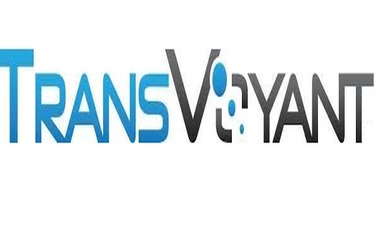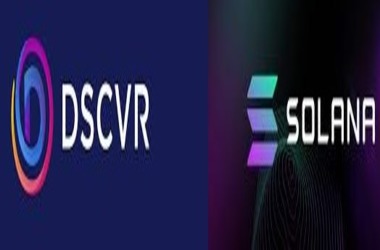 In a significant development for the healthcare industry, a blockchain system designed to ensure the safety and authenticity of medicines throughout the supply chain was discussed at the 11th Annual Clinical Trial Supply Nordics conference in Copenhagen, Denmark. A representative of US-based pharmaceutical company MSD, Alexandru Popa, introduced the company’s innovative application, known as TransVoyant, which leverages blockchain technology and data derived from the Internet of Things (IoT) to provide a comprehensive view of a product’s journey, from development to the patient.
In a significant development for the healthcare industry, a blockchain system designed to ensure the safety and authenticity of medicines throughout the supply chain was discussed at the 11th Annual Clinical Trial Supply Nordics conference in Copenhagen, Denmark. A representative of US-based pharmaceutical company MSD, Alexandru Popa, introduced the company’s innovative application, known as TransVoyant, which leverages blockchain technology and data derived from the Internet of Things (IoT) to provide a comprehensive view of a product’s journey, from development to the patient.
Revolutionizing Medical Supply Chain with Blockchain
During the event, Popa provided insights into how TransVoyant, the blockchain-based system developed by MSD, has undergone pilot testing in locations like Hong Kong, India, and Mexico. He emphasized how this technology has the potential to detect counterfeit or expired medicines before they reach patients.
Popa described the current state of the healthcare supply chain, highlighting that as products move through the system, each participant maintains their own ledger. This traditional system, in place since the inception of trade, is not only highly inefficient but also costly. Within the pharmaceutical industry, significant efforts are expended to ensure the accuracy of records, and any erroneous entries must be rectified. Moreover, the existing system is vulnerable to bad actors within the supply chain or external malware, which poses risks to data integrity and visibility.
The Role of Blockchain and Enhanced Transparency
In contrast to the traditional ledger system, Popa introduced the blockchain system as a digitally distributed and secure ledger. The blockchain, he explained, would serve as the common ledger where all participants could record their transactions, significantly enhancing transparency throughout the supply chain.
As part of his presentation, Popa demonstrated the TransVoyant app, showcasing its capability to scan barcodes affixed to medical supply packaging. Upon scanning, the app provides users with critical information, indicating whether the product is valid, expired, or potentially counterfeit.
A Call for Widespread Adoption of Blockchain in Healthcare
Popa firmly advocated for a large-scale transition within the healthcare industry towards adopting blockchain technology. He stressed the importance of conducting pilots to validate and refine the technology’s applications. According to him, there is no need to implement complex solutions when simpler, more efficient approaches are available and can be swiftly implemented through these pilot programs.
Furthermore, Popa expressed MSD’s intention to collaborate with numerous other pharmaceutical companies to establish the blockchain-based system more broadly. To date, the company has successfully onboarded 12 additional companies into this innovative system, signifying growing industry interest and engagement.
The utilization of blockchain technology in healthcare is becoming increasingly attractive due to its potential to streamline operations, enhance transparency, and improve patient safety. MSD’s TransVoyant application represents a notable step forward in harnessing the capabilities of blockchain to secure the medical supply chain, safeguard patient health, and drive innovation within the pharmaceutical sector.








